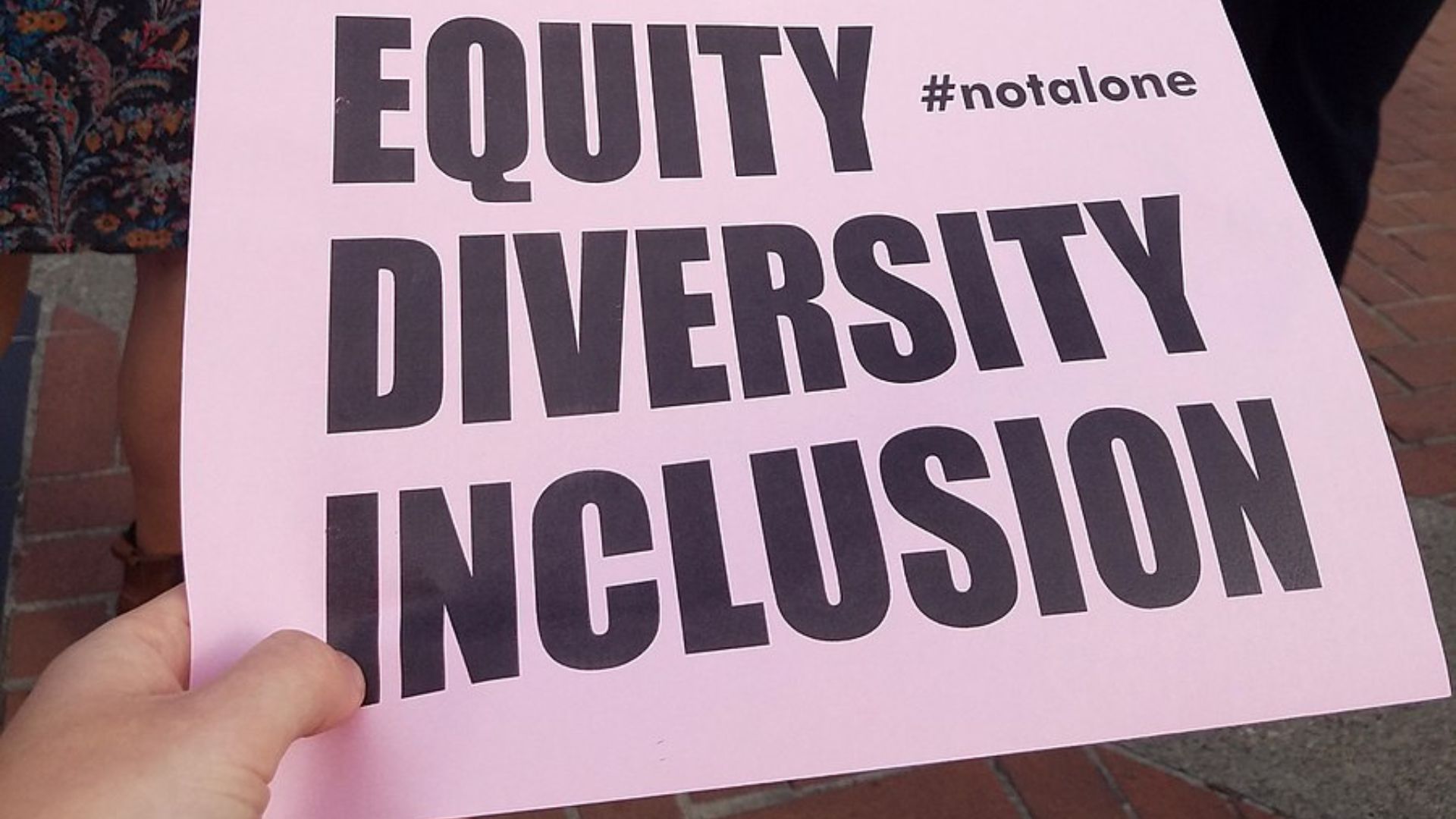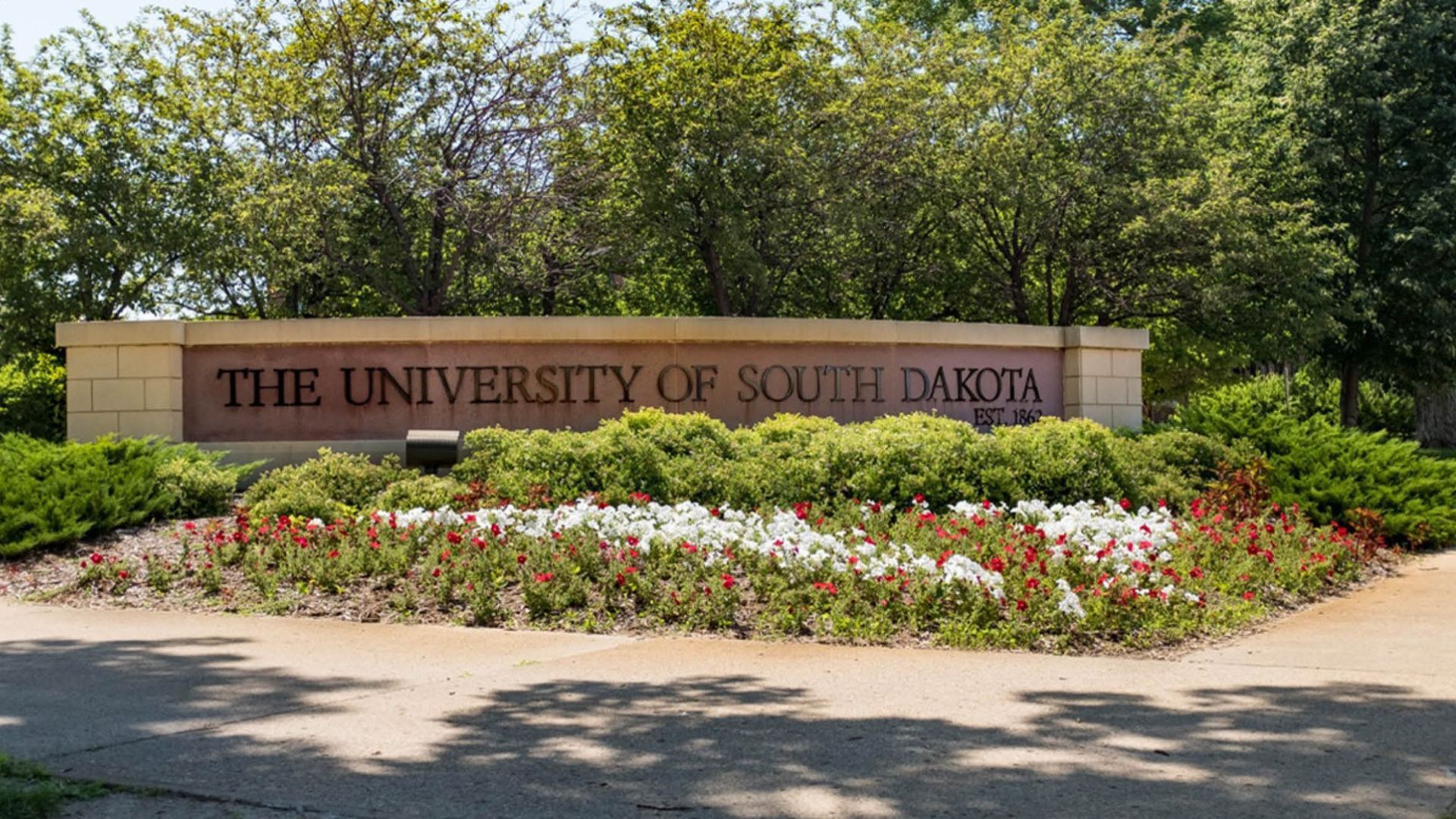In South Dakota, a recent policy enacted by the Board of Regents prohibits public university faculty and staff from including gender pronouns and tribal affiliations in their official email signatures.
This policy, adopted in December, aims to standardize email communications across state universities, impacting employees’ ability to express personal identity markers in professional settings.
Faculty Members Receive Warnings

Two faculty members at the University of South Dakota, Megan Red Shirt-Shaw and her husband, John Little, were among those affected by this policy.
They received written warnings in March, instructing them to amend their email signatures. John Little recounted, “I was told that I had 5 days to remove my tribal affiliation and pronouns,” as per the directive from university administration.
Policy Tied to Broader State and National Trends

This policy surfaces amidst a broader push against diversity, equity, and inclusion initiatives in various state governments and educational institutions across the United States.
South Dakota’s policy aligns with these trends, representing a significant shift in how public universities manage communications and potentially affecting how inclusivity is practiced institutionally.
Governor’s Influence and Tribal Relations

Governor Kristi Noem, who appointed all nine voting members of the Board of Regents, has been vocal about reducing “liberal ideologies” in educational settings.
Her comments in March about tribal leaders and the care of children led most South Dakota tribes to prohibit her from their lands, adding a layer of complexity to state-tribal relations.
Reactions to the Policy Implementation

The decision to enforce this email signature policy has been met with criticism, particularly concerning its impact on personal expression and academic freedom.
Paulette Grandberry Russell, president of the National Association of Diversity Officers in Higher Education, noted, “This comes in the form of communications and branding standards,” highlighting concerns about the broader implications of such policies.
Concerns About the Future of Academic Freedom

Observers are concerned that this might set a precedent for other public colleges and universities.
The policy’s focus on branding and communication could potentially be used to further restrict expressions of identity and diversity within academic settings, according to some educational and diversity advocates.
University’s Response to Inquiries

When asked about the policy and its implications, a spokesperson for the University of South Dakota redirected all inquiries to the Board of Regents.
This lack of direct communication has left some faculty and students seeking clarity on the policy’s application and enforcement.
Legal and Advocacy Perspectives

The American Civil Liberties Union (ACLU) of South Dakota has expressed concern over the policy, considering it a potential suppression of free speech.
“There’s always unintended consequences,” stated Samantha Chapman, an advocacy manager for the ACLU, suggesting that the policy might inadvertently affect more than just email signatures.
Historical Context and Cultural Impact

The policy’s prohibition on mentioning tribal affiliations in email signatures is particularly poignant given the historical efforts to erase Native American identities through various means.
This new rule adds another layer to the complex history of Native American relations in South Dakota, reminiscent of past policies aimed at cultural assimilation.
Faculty Members’ Adaptation

Despite the restrictions, Red Shirt-Shaw and Little have adapted by including their tribal affiliations and pronouns in the body of their emails rather than in the signature block.
This workaround maintains their personal identifiers in communications, albeit in a less formalized way.
Broader Educational Implications

The policy has sparked discussions about the role of identity and personal expression in educational settings.
“Anecdotally I’ll say, because I live in Florida and have seen what’s happened with all the anti-wokeness and targeting of education here, I know this is part and parcel to a longer-term agenda,” said Kelly Benjamin, a spokesperson for the American Association of University Professors.
Ongoing Debate and Monitoring

As the implementation of this policy unfolds, its effects on academic freedom, cultural expression, and diversity initiatives continue to be closely watched by both opponents and supporters.
The debate is likely to persist as more people within and outside of the academic community voice their concerns and seek to influence future policies related to free speech and identity expression in educational environments.
